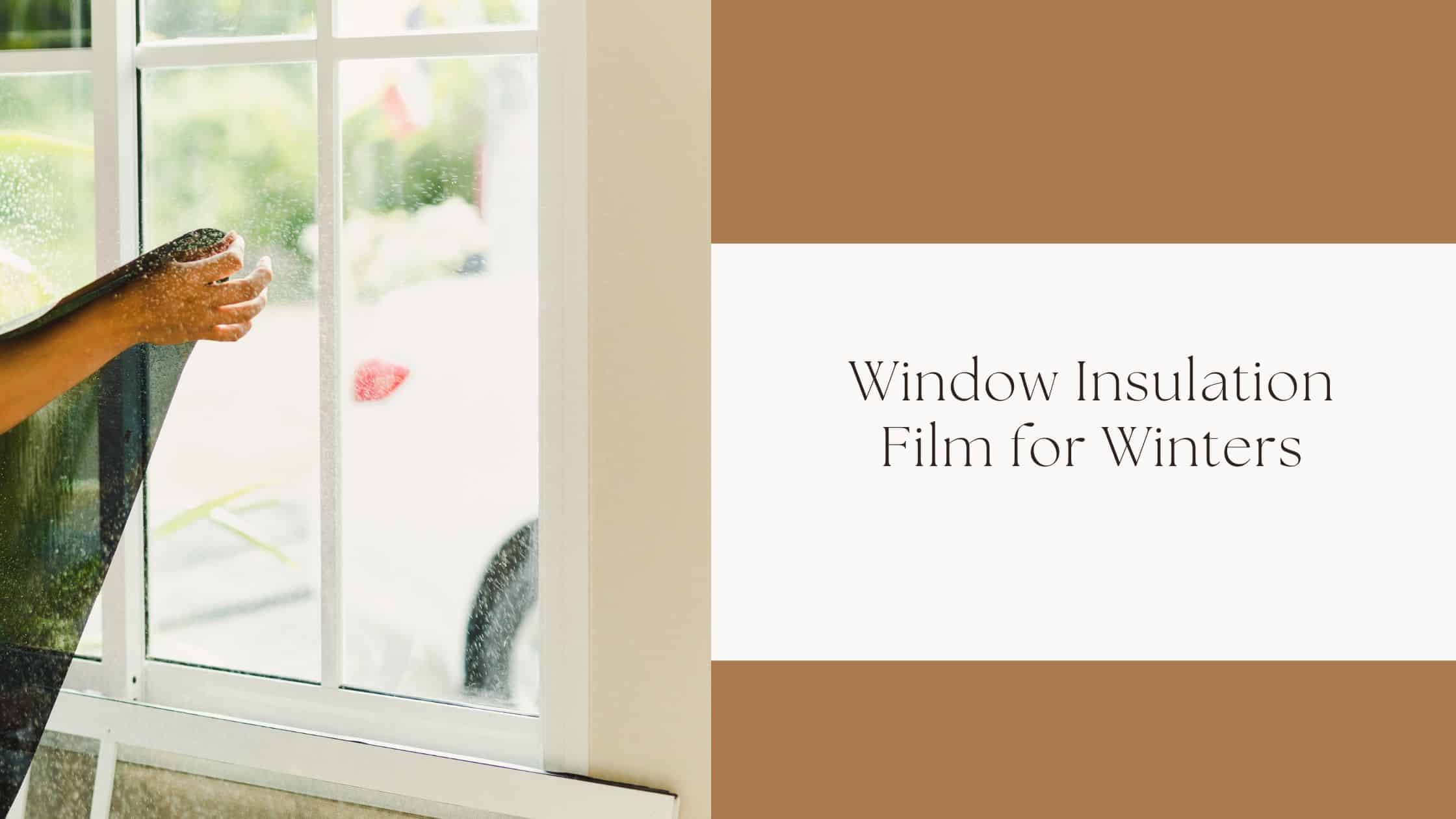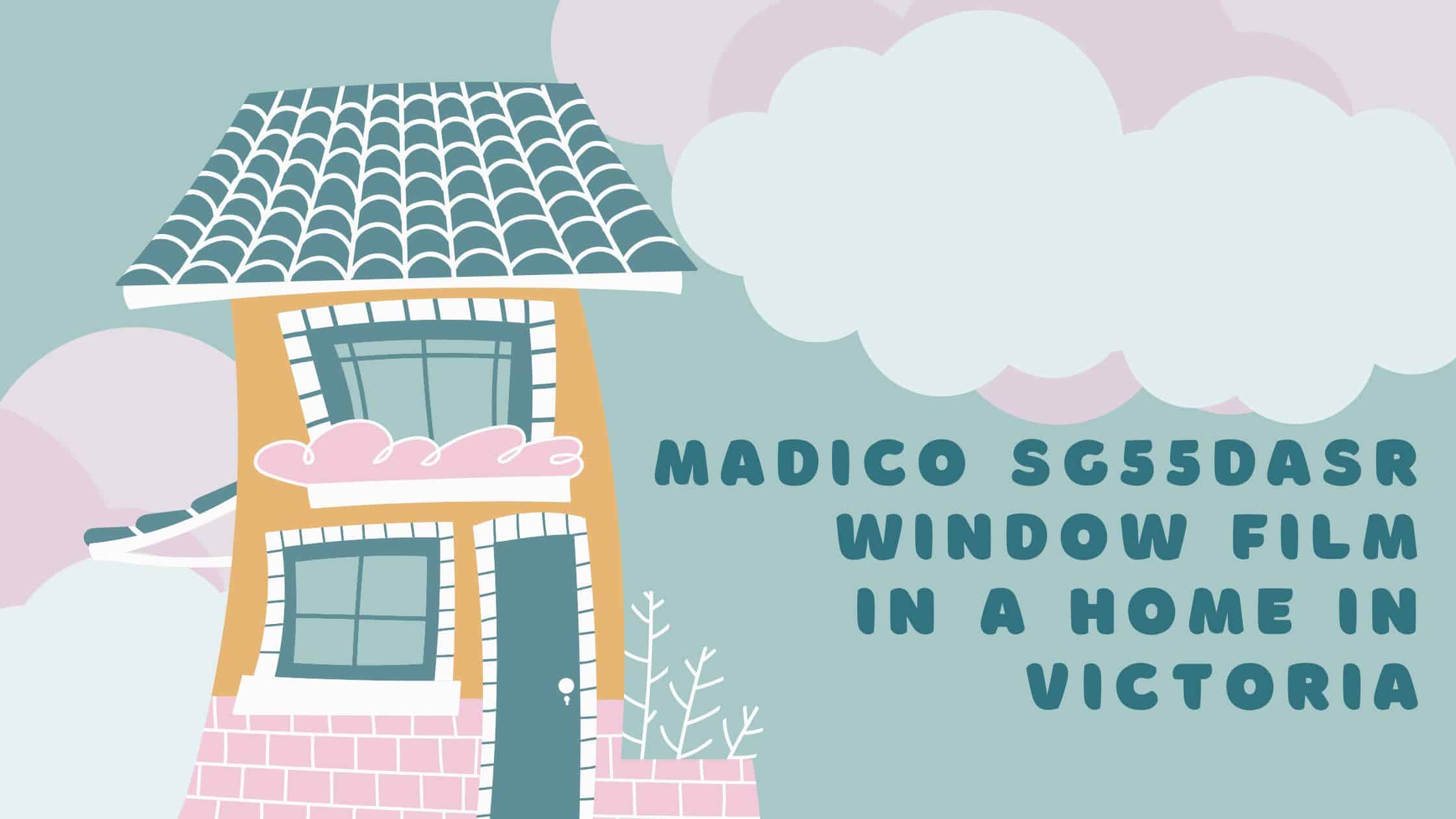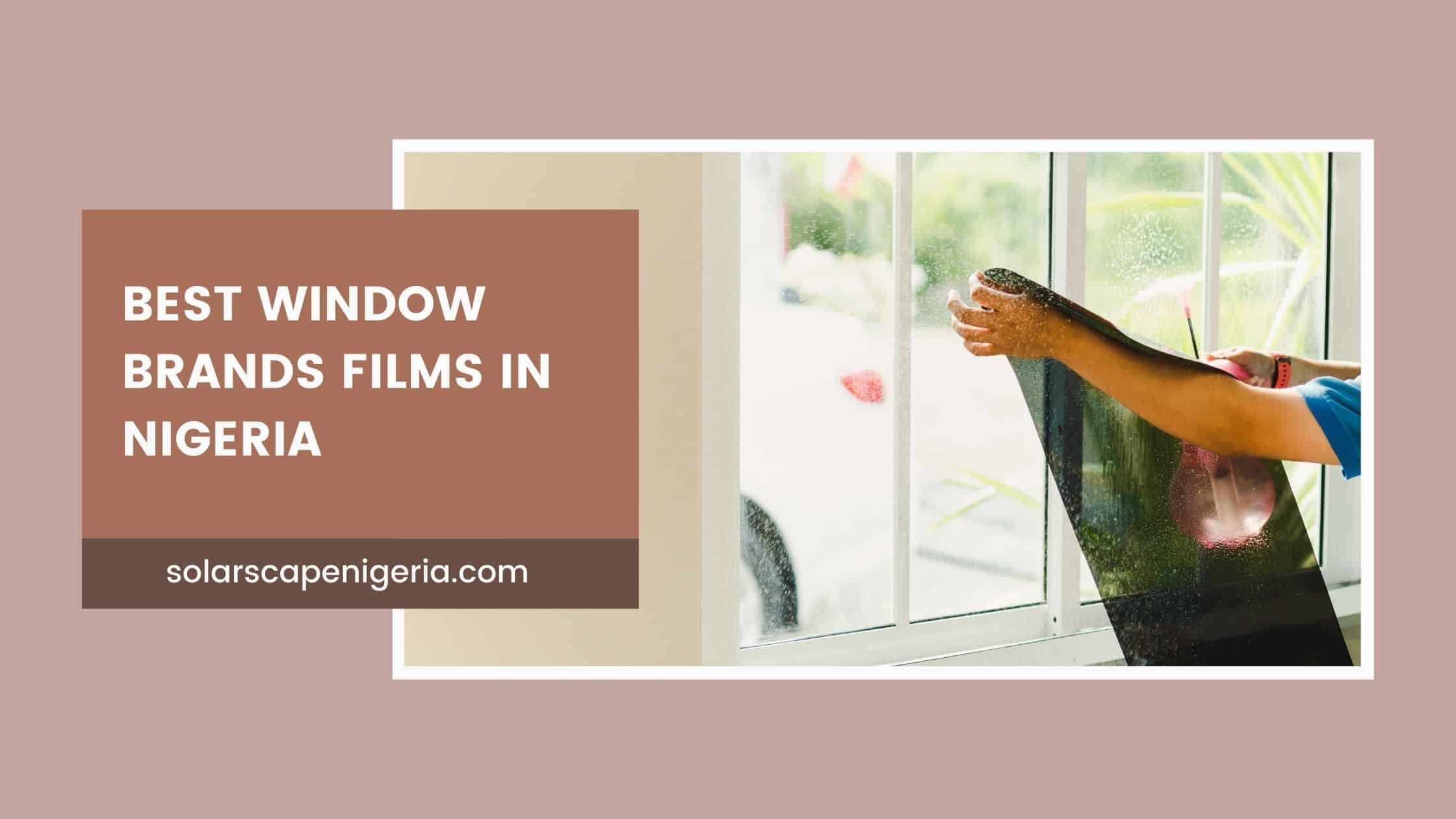Introduction:
Solar control glass has gained significant popularity in recent years due to its ability to regulate heat and sunlight in buildings. As an effective solution for reducing energy consumption and creating a comfortable indoor environment, solar control glass offers several advantages. However, like any technology, it also comes with a few drawbacks. In this article, we will delve into the disadvantages of solar control glass while exploring alternative options such as solar window film for windows and home applications.
Disadvantages of Solar Control Glass:
Cost:
One of the primary disadvantages of solar control glass is its relatively higher cost compared to traditional window glass. The advanced technologies used in manufacturing solar control glass increase its production expenses, resulting in a higher price tag. For budget-conscious consumers, this cost factor might be a deterrent when considering solar control glass for their windows.
Limited Efficiency:
Although solar control glass effectively reduces the amount of heat and sunlight entering a building, its efficiency may be limited in certain circumstances. For example, in extremely hot climates or locations with intense sunlight, solar control glass alone may not be sufficient to achieve the desired level of cooling. In such cases, additional cooling systems may be required, adding to the overall expenses.
Impact on Natural Light:
While solar control glass effectively filters out harmful UV rays and reduces heat transmission, it can also have a noticeable impact on the amount of natural light entering a room. Solar control glass is designed to block a certain percentage of light, which can sometimes create a darker interior environment. This reduced natural light may be a disadvantage for those who prefer well-lit spaces or enjoy abundant daylight.
Limited Customization:
Solar control glass often comes in standard designs and limited customization options. This limitation might not be suitable for individuals or businesses looking for unique and personalized window solutions. In contrast, other options like solar window film offer greater flexibility and customization opportunities, allowing users to choose from a wide range of designs, patterns, and levels of solar control.
Exploring Alternative Solutions: Solar Film for Windows and Home Applications:
As an alternative to solar control glass, solar film for windows has emerged as a popular choice among homeowners and businesses seeking cost-effective and customizable solutions. Here are a few advantages of solar film for windows:
Affordability:
Compared to solar control glass, solar film for windows is generally more affordable, making it an attractive option for those on a tight budget. The lower cost, combined with its effectiveness in reducing heat and UV rays, makes the solar film an economical choice.
Enhanced Customization:
Solar film for windows offers a wide range of options in terms of design, tint, and heat rejection capabilities. This flexibility allows users to choose the right film that suits their specific needs while maintaining the desired level of natural light.
Easy Installation and Removal:
Solar film installation is a relatively straightforward process, and it can be easily removed if needed. This aspect is particularly advantageous for renters or individuals who prefer temporary solutions.
Conclusion:
Solar control glass is a commendable technology that offers numerous benefits in terms of energy efficiency and improved indoor comfort. However, it is important to consider the potential disadvantages before making a decision. For those seeking cost-effective and customizable options, solar film for windows provides a viable alternative. By understanding the pros and cons of different solutions, individuals and businesses can make an informed choice that suits their requirements and preferences.




